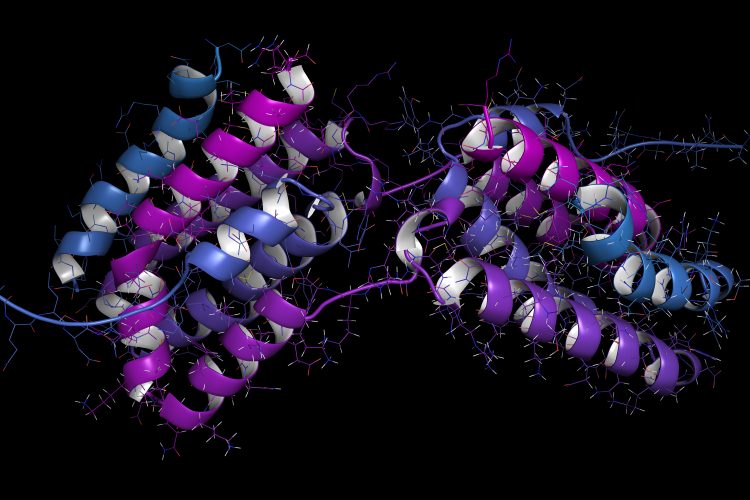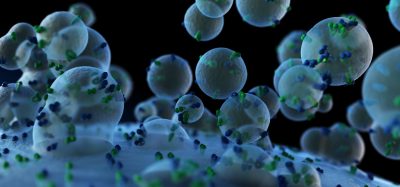Improving vaccine responses by targeting IL-10
Posted: 17 July 2024 | Drug Target Review | No comments yet
In an animal model, scientists have demonstrated that targeting Interleukin-10 during vaccine delivery enhances the vaccine’s ability to protect against infection.


Scientists at Trinity College Dublin have demonstrated in an animal model that targeting IL-10 during the delivery of a vaccine improves the ability of the vaccine to protect against infection.
One of the main causes of community- and hospital-acquired bacterial infection is the bacterium Staphylococcus aureus (S. aureus). Globally, it is associated with over one million deaths every year, and due to increasing antimicrobial resistance (AMR), its antibiotic-resistant form MRSA is responsible for the most deaths in high-income countries attributable to antimicrobial resistant bacterial infections.
Although a vaccine is a great option for S. aureus, there are many difficulties involved. One of these is the bacterium’s ability to lessen the immune response by switching on a natural break that exists within the immune system, Interleukin-10 (IL-10). Forms of S. aureus live in and on our bodies without causing harm. However, during these asymptomatic interactions the bacterium is altering the immune response. Therefore, the immune system struggles to respond properly to dangerous infections.
In the animal model, the team demonstrated that if they immunised subjects with a vaccine that primed their immune systems to respond to infection, used with antibodies that neutralised IL-10, the immune response by specialised T cells was improved. Bacterial clearance was also enhanced after subsequent infection.
Dr Rachel McLoughlin, professor in immunology at Trinity College Dublin’s School of Biochemistry and Immunology, led the study. She concluded: “Taken in combination, our results offer significant promise for what would be a novel strategy for improving the efficacy of vaccines developed with the aim of suppressing S. aureus infection.”
“Our work also strongly suggests that prior exposures to this bacterium may create a situation whereby our immune system no longer sees it as a threat and thus does not respond appropriately to a vaccine due to the creation of this immune-suppressed state. Again, this underlines why immunisation delivered with something that helps neutralise IL-10 offers renewed hope for effective vaccines against S. aureus.”
This study was published in JCI Insight.
Related topics
Cytokines, Drug Delivery, Vaccine, Vaccine development
Related conditions
Antimicrobial resistance (AMR), MRSA, Staphylococcus aureus
Related organisations
Trinity College Dublin
Related people
Dr Rachel McLoughlin (Trinity College Dublin)







